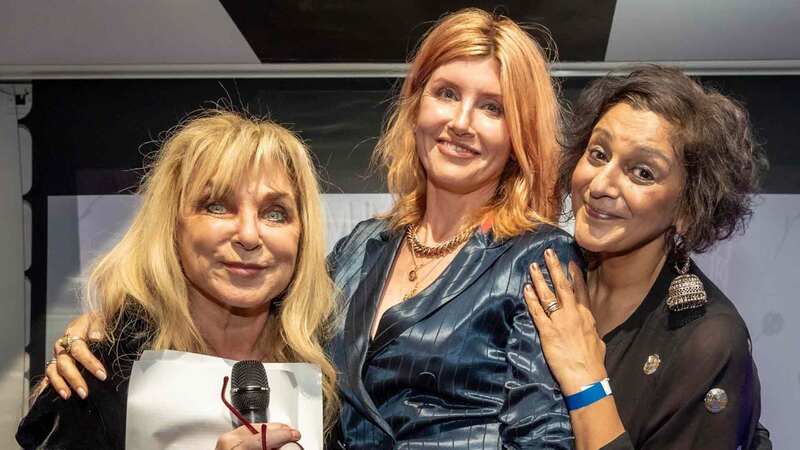You are viewing your 1 free article this month. Login to read more articles.
Lloyd: digital revolution is 'absolutely not over'
The digital revolution is “absolutely” not over, Sara Lloyd, digital and communications director at Pan Macmillan has said, while arguing that there is “no room for complacency in our industry”.
Speaking at The Bookseller’s Marketing and Publicity Conference today (28th June), Lloyd argued that the publishing industry needs to expand its horizons and keep pushing for change in order to grow.
Lloyd said that it is important to challenge complacent attitudes regarding the decline of e-book sales and the resurgence of print sales.
“The industry’s response to the decline in e-books appears to be a sigh of relief. The digital revolution is over.” Lloyd said. “Let’s be clear. It absolutely isn’t.”
She added: “The digital revolution was never e-books. E-books were simply a format, and to some extent, a channel shift, but they don’t tell the whole story. There is a potentially vast and growing unseen segment of the e-book market."
“The biggest digital revolution is not stopping: it’s the maelstrom of changes to people's time, attention and passions driven by digital convergence and connectivity, driving new habits, tastes and preoccupations", Lloyd continued. "It is happening in our hands, right now – literally – on our mobile devices – the challenge is that we find ourselves with new competitions and the opportunity is that we can grow audiences.”
Rejecting the assertion that digital media does not drive sales, Lloyd said: “Social media isn’t new anymore; it’s simply part of the marketing toolkit. Digital will become the largest advertising category by 2017, surpassing TV one year earlier than forecast. Digital media is quite simply marketing, but on the internet. Cutting out digital would be like putting a blind down on your biggest shop window, shooting your best brand ambassadors and closing an influential media platform, all at the same time.”
Speaking about new enhanced and interactive content, Lloyd advised publishers to look at consumers of "all sorts of existing interactive digital content" as “potentially being new audiences for us", and urged publishers to consider "how we might serve content to them".
She said: “Teens on [social media platform] Snapchat are consuming ‘live’ stories; game players are consuming interactive stories, engaging in complex story worlds; Audible is proving there’s a hunger for dramatised audio from a wider paying audience.”
In order to broaden horizons further, Lloyd said that the publishing industry needed to “break away from our usual publishing circle – both in the way we recruit staff and in the way we commission content.” She said: “What the lead up to the EU Referendum showed us last week was that it was impossible to gauge national opinion based simply on our own circle of friends and family. We need to try much harder to grow the market, through the cultivation of new audiences for our content.”
She cited research by Arts Council England which looked into diversity in publishing and found that “the publishing industry’s poor commitment to diversity is putting it at risk of becoming culturally irrelevant". Lloyd argued: "We must break away from ‘people like us’ in terms of who our readers are – because sticking to what – and who – we know, won’t help us grow. We need to be talking to different brands and partners: at Pan MacMillan our range of relationships has extended to span everyone from literary editors to YouTube HQ to the content manager at [fashion e-retailer] ASOS.”
She argued that the “common” link between “now and the future is ‘the reader’" and said that “new thinking needs to be integrated into the core of the business and not siloed into digital corners. Working in teams with mixed experiences, mind-sets and values we should be able to build audiences for the future while still knocking out great campaigns. Expanding our circle of publishing and tackling the unknown a bit will, ultimatly, grow our market”.
Lloyd added that publishers should look to do more with video, mobile and events & brand partnerships. "These are just some of the trends that we're seeing that are making us change the way we think about our core proposition, extend our circle of publishing, and force us out of complacency - helping us to move beyond what we know to help us grow", she said.















